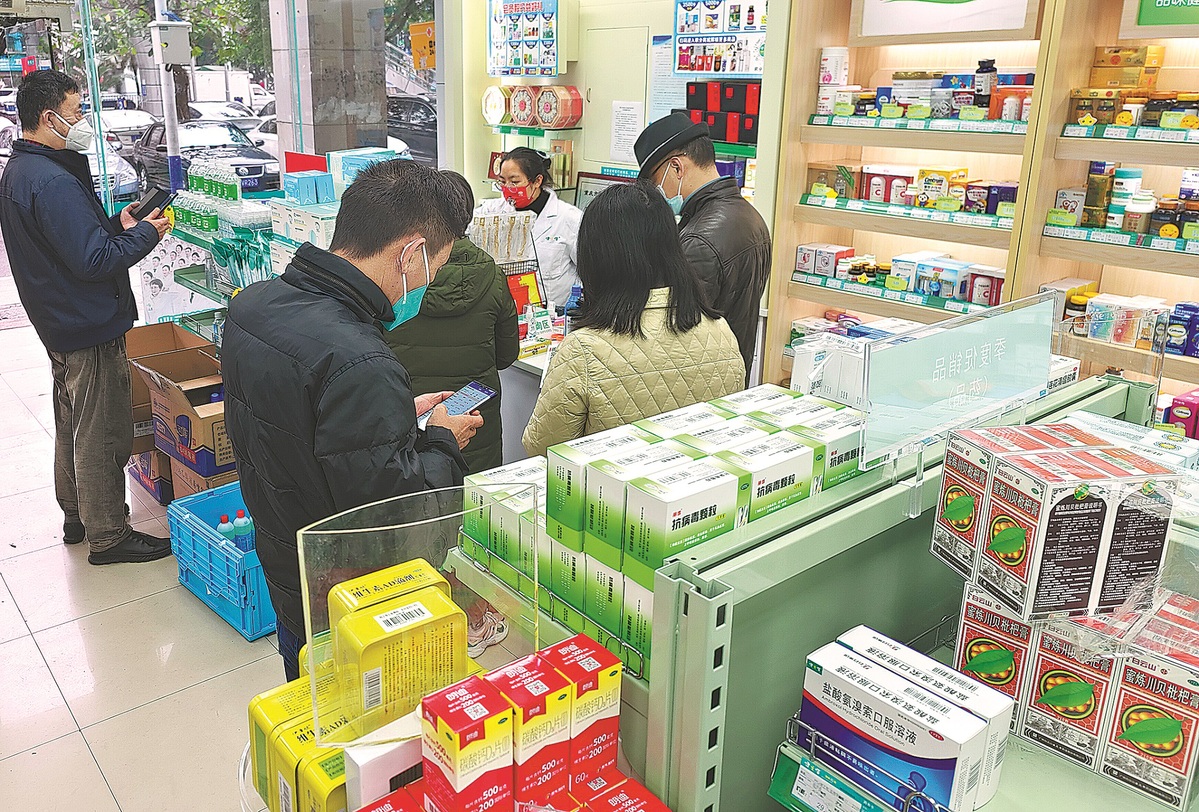Planning led to insurance funding, expert says


China's medical insurance reforms that channel some of the funds from employees' individual accounts to public accounts to expand reimbursement for outpatient costs are aimed at improving the healthcare security of the public and boosting the efficient use of medical insurance funds, an expert said on Saturday.
"The change is not prompted by a sudden impulse," said Wang Chaoqun, a professor at Central China Normal University's School of Public Administration in Wuhan, Hubei province.
The central leadership first proposed reforming individual medical insurance accounts and establishing a mutual-aid mechanism for outpatient expenditures in 2020. In April 2021, a guideline issued by the State Council, China's Cabinet, laid out more specific reform measures, according to Wang.
"In fact, the Law on Social Insurance launched in 2010 does not include stipulations on employees' individual accounts because at that time, officials and experts had already begun considering long-term reforms," he said. "This means that the country has been deliberating, drafting and preparing for the reforms for a long time."
China's medical insurance system for employees was officially implemented in 1998, and has played a key role in facilitating the country's transition from a planned economy to a socialist market economy.
Over the years, Wang said all reforms made to the system are aimed at improving the healthcare security level of the public and increasing the efficiency of China's medical insurance funds.
"Each country should devise medical insurance plans based on their own national conditions, including history, population and gaps between different regions," he said. "For China, the challenge lies in satisfying the demands of a massive population living in vast regions with uneven development."
Regarding the resilience of China's medical funds, Wang said that a fitting example is its response to the COVID-19 epidemic.
"The COVID-19 nucleic acid tests, treatment and vaccines were all free for the public. Such costs have been reimbursed by financial authorities and healthcare funds together, and there is no doubt that the country's healthcare security and financial systems have been essential in helping us prevail over the virus," he said.
- Space schedule opens with two launches
- Winter cherry blossoms create unexpected spectacles
- Chongqing park becomes stage for captivating natural phenomenon
- Chongqing's cat theme park draws visitors, aids rescues
- Winter fishing season brings fresh catches at Hunan's Liuye Lake
- Former Guizhou official gets 11-year sentence for bribery





































